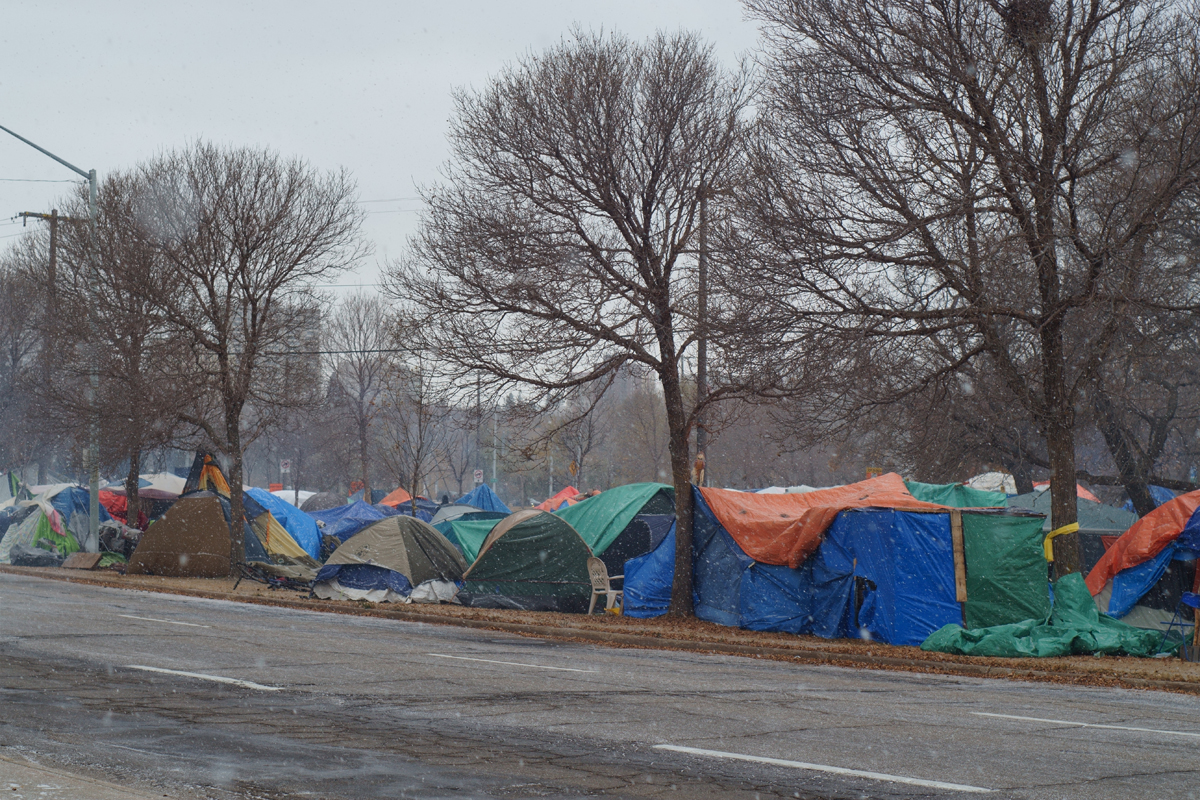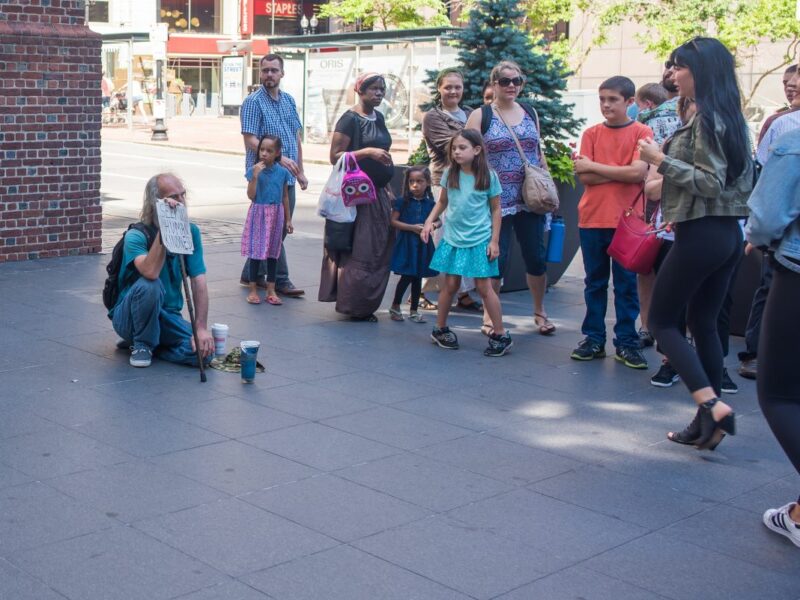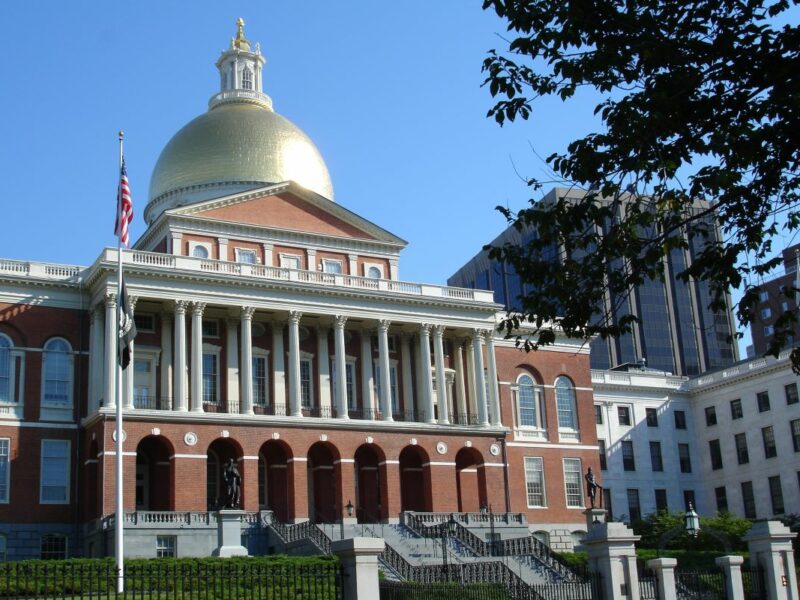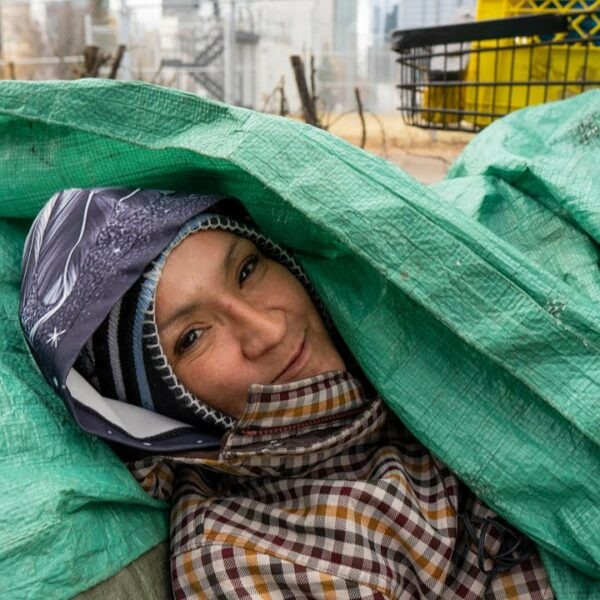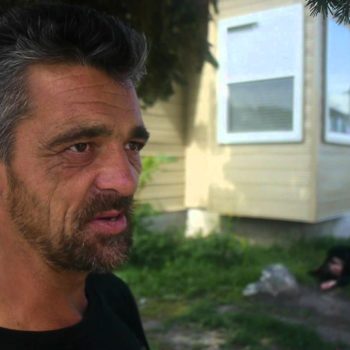What Can a City Accomplish in 10 Weeks? Quite a lot, actually.
At least Mayor Don Iveson of Edmonton, Alberta, is concerned. He’s been pushing a 10-week plan to end homelessness since August. And while reaching this ambitious target may be unlikely, there are positive signs of real change happening in the Canadian city. The shift couldn’t come at a better time.
The coronavirus pandemic has rocked the city and its homeless population. About 2,000 people are currently experiencing homelessness in Edmonton. This number is growing at an alarming rate, with affordable housing advocates projecting 10 percent increases in the population each month. But this is a city of two tales, where more than 900 people that were experiencing homeless have been housed since the start of the COVID-19 pandemic.
Just what has been happening in Oil Town? And can Mayor Iveson keep his promise?
A Story of Problems and Solutions
It’s sobering to realize the difference a year can make. Back in September 2019, CBC News reported on the decline of people experiencing homelessness in Edmonton.
The numbers were indeed impressive. While never rivaling those of its more populous Canadian neighbors, the city hit an unfortunate peak of more than 3,000 ten years earlier in 2008. At the close of 2019, this number hovered at around 1,500.
“I can’t help but feel really good about the work [housing advocacy] organizations are doing. Of course, we still have a lot more work to do,” remarked Susan McGee, CEO of Homeward Trust.
Fast forward to October 2020 and progress from the last decade has all but disappeared. Admittedly, the causes of the current uptick in homelessness differs from previous years, but the net result is the same. More than 2,000 people don’t have permanent housing. And that number is rising at a dangerous pace as temperatures start dipping.
Pandemic-related peaks in homeless numbers are nothing new. A downturn in employment opportunities, COVID-19 emergency benefits drying up and an already taxed shelter system work to create housing barriers that are insurmountable to the city’s most vulnerable. Housing experts fear that those living in unstable, unaffordable housing are merely weeks or months away from facing eviction.
Iveson sees the writing on the wall and wants to do something before it’s too late.
In fact, the mayor started pushing for a 10-week plan to end homelessness in August, with the express aim to “provide everyone with a warm, safe and dignified place to be with embedded supports for their complex health challenges.” While not going as far as promising permanent housing for all within his self-assigned 10-week window, Iveson described the city’s plan as “something significant” that’s going to be a “heck of a lot faster than what was possible six months ago.”
The mayor’s plan has gained steam. Iveson and his team have garnered important support from key players including the federal government and Edmonton’s downtown businesses.
The Canadian government is chipping in some $17.3 million towards what they’re calling a “federal housing investment.” These funds have been earmarked for 74 units of permanent, supportive housing for homeless residents. This housing will be provided through construction of modular units and acquisition of available hotels and apartment buildings for conversion into permanent housing. The city has the roofs – why not use them?
“We’ve been in discussions with a number of hoteliers and [are] also looking at some of the modular sites that the city had previously approved. So, the money will move quickly and as soon as we have a decision point on that, we’ll bring that forward. But our goal will be to move [forward with the plan] within weeks.”
An emerging plan to repurpose hotels into permanent housing seems like a win-win.
“Early on in the pandemic, we’d heard from a lot of hotels that were closed—many are still operating at massively reduced capacity,” Iveson said. This strategy would help both the struggling hospitality industry and Edmonton’s homeless, who are staring down the barrel of a very cold winter.
Creative solutions, such as converting dozens of old Northlands racetrack dorm rooms into permanent housing, are firmly on the table. The city is willing to investigate seemingly any and all options to address rising homeless numbers.
Adding yet another tool to his arsenal against homelessness, Mayor Iveson recently announced that the city would open and run a new “low-barrier, 24/7 accommodation space” for Edmontonians experiencing homelessness. With the goal of getting people out of the cold and into safe spaces, the center will feature day programs and meal service until March 2021.
“We want to do this as soon as possible because it is the humane thing to do,” he said.
That is a sentiment that surely resonates. It’s nothing revolutionary, but it’s still nice to hear it vocalized by a person in office.







